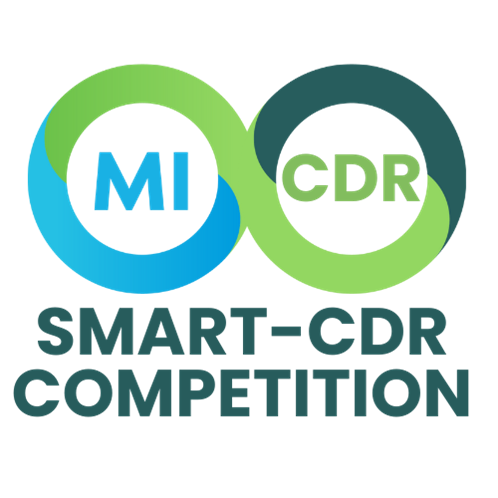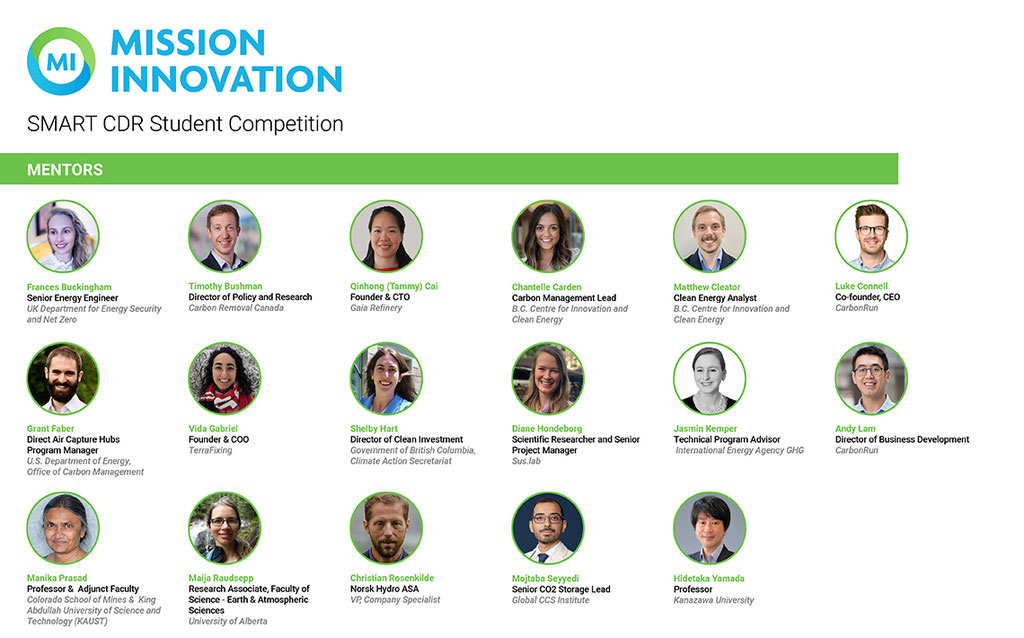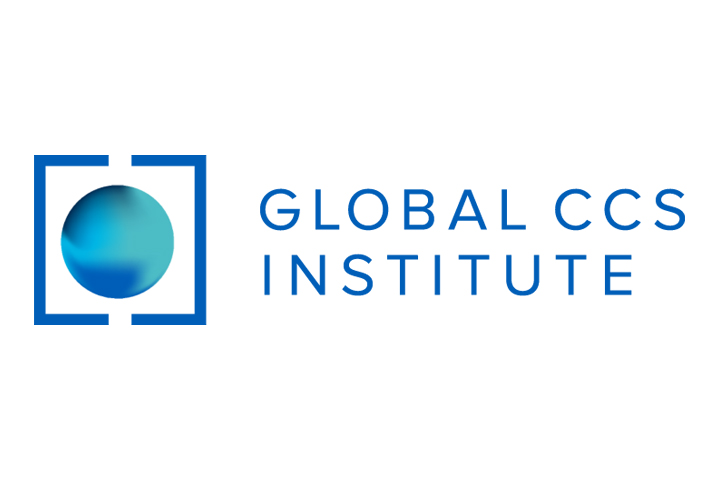The SMART-CDR Competition, part of the Mission Innovation Carbon Dioxide Removal Mission, is a new opportunity for students from around the world to propose innovative solutions for monitoring, verification, and reporting of C02 removal and compete to gain global recognition, participate in a global CDR conference, and win cash prizes.

Students from around the world are invited to participate in the Student Monitoring and Reporting Technology for Carbon Dioxide Removal (SMART-CDR) Competition. The competition brings international teams of students together to design and develop creative solutions that advance the state of monitoring, reporting, and verification (MRV) for carbon dioxide removal (CDR) approaches, while giving students the opportunity to network internationally and receive mentorship from leading experts in the field.
Finalists will have the opportunity to present their idea in-person at the international CDR Conference at the CLIMIT Summit in Norway (25-27 February 2025), where up to three winning teams will be awarded USD $10,000 cash prizes.
The Competition is brought to you by CDR Mission members: the United States, Canada, Kingdom of Saudi Arabia, Austria, Japan, Norway, and the United Kingdom.

And, with generous sponsorship from our partners: KAPSARC, KACST, KAUST, OIES, Elimini, and Carbon Engineering.
“Transparent and thorough monitoring, reporting and verification (MRV) is critical for maintaining confidence in high-integrity carbon dioxide removal (CDR) solutions, growing the CDR market and scaling technologies to help meet climate goals. Carbon Engineering is proud to support the SMART-CDR Prize Competition, drawing on our experience in Direct Air Capture development, helping to inspire the next generation of CDR leaders and advancing durable carbon removal.” – Adam Baylin-Stern, Policy and Engagement Lead, Carbon Engineering


.jpeg)

Intergovernmental Panel on Climate Change reports indicate that in addition to steep emissions reductions, avoiding the worst impacts of climate change will require removing and permanently isolating billions of tonnes of carbon dioxide from the atmosphere.
That's why at COP26, a coalition of committed governments launched the CDR Mission, to facilitate international cooperation for research, analysis, and demonstration of technological approaches to CO2 removal.
MI CDR recognizes the importance of robust monitoring, reporting, and verification of CO2 removals as an essential enabler for responsible, rapid, and large-scale growth of the global CDR industry. And, with the need for a global CDR industry to grow by several orders of magnitude in the coming decades, the sector will require a commensurate workforce of creative, knowledgeable, and committed individuals eager to contribute to efforts for reaching net zero greenhouse gas emissions globally in line with Paris Agreement goals.
It is with these motivations that MI CDR has established the SMART-CDR Competition, in partnership with generous sponsors, to tap the creative power of university students throughout the world in helping solve some of the most complex and impactful challenges facing the CDR industry: monitoring, reporting, and verification (MRV).
Teams of up to six undergraduate or graduate students will submit project proposals for innovative technologies and/or methodologies that will aid in quantifying the amount of net CO2 equivalent removed from the atmosphere and durably stored with little to no risk of reversal. Proposals should acknowledge, but need not address, the complete lifecycle of emissions and full range of greenhouse gases associated with a CDR pathway.
Proposed technologies and/or methodologies should be relevant to net CO2e removal and can be applicable to any one or more CDR removal pathways.
Examples of potential projects (non-exhaustive, for illustrative purposes):
If you want to receive updates on the prize or have any questions, please subscribe by using the “follow” feature on the HeroX platform and message us through the HeroX message feature.
Rules and other guidelines are posted in the Resources section here on HeroX. You can also find answers to common questions in the FAQ section.
On August 1, 2024 applications will open and all followers will be notified. At that time, click on the "begin entry" button that will appear on this page to start your submission. Applications are due 9 September 2024.
Teams will be asked to submit a short concept paper of up to 2,000-words (about 4 page) describing the CDR MRV challenge they are attempting to solve, the scope of their work including proposed work activities, how the project differs and/or improves existing methods, and the potential impact of their proposed project.
Successful teams will be notified by 30 September, and invited to move onto Phase 2, where they will receive guidance from global mentors to advance their projects. After an update on progress due in early December, a final round of evaluations will determine the finalist teams who will be invited to present at the CLIMIT Summit in Norway in February 2025 and compete for the top prizes.